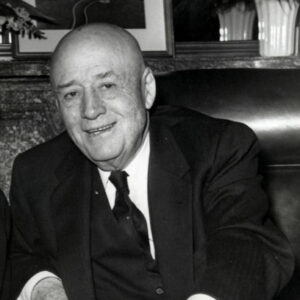For the second time this year, Americans will be treated to the spectacle of watching the House of Representatives select a speaker. It isn’t always pretty, as January’s prolonged process demonstrated. However, the outcome is important because whoever ultimately emerges to lead the 435-member body will have a huge job on his or her hands. […]

